How much has the Met Police actually changed since the murder of Sarah Everard?

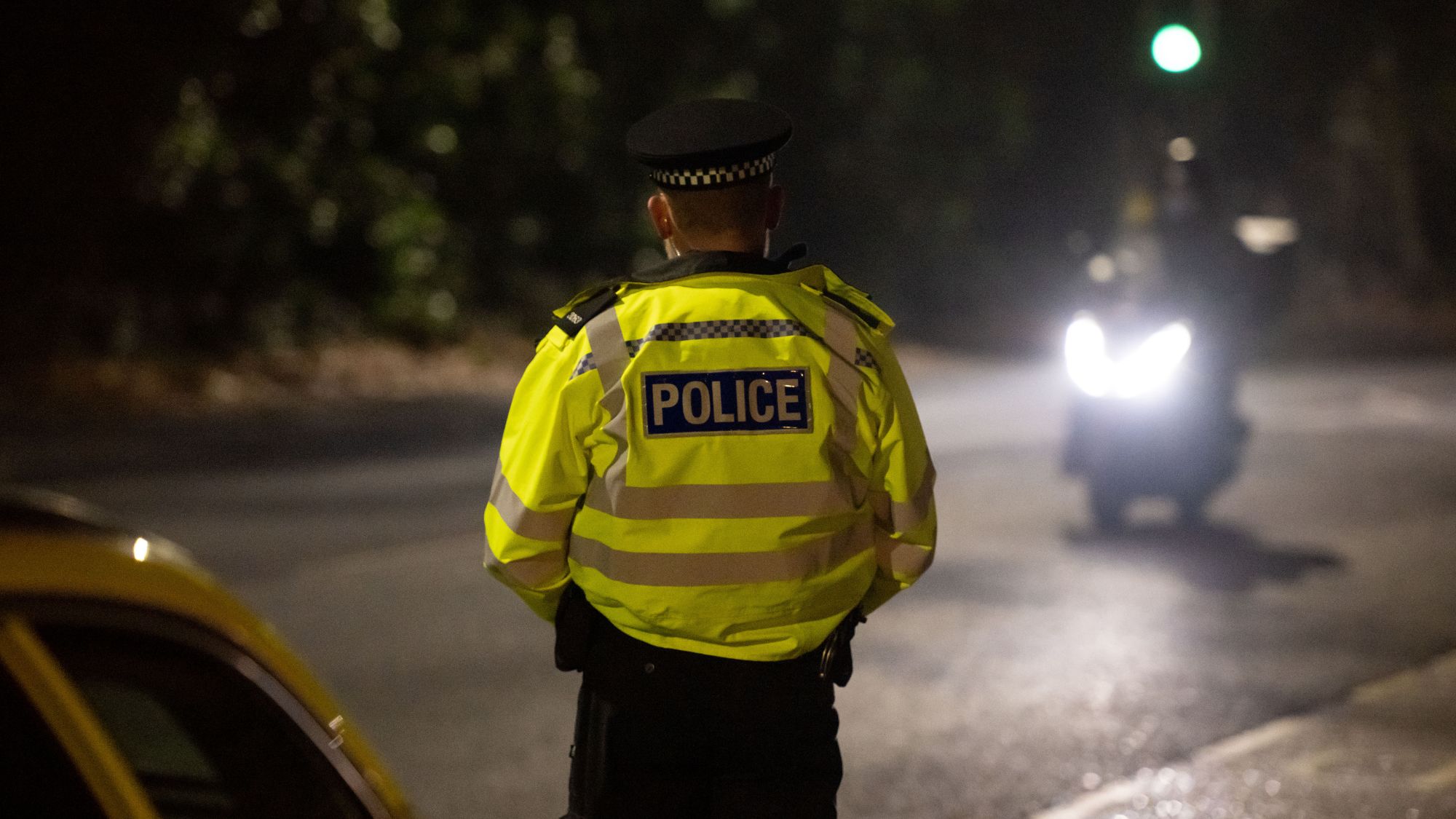
Celebrity news, beauty, fashion advice, and fascinating features, delivered straight to your inbox!
You are now subscribed
Your newsletter sign-up was successful
Content warning: this article contains themes of sexual violence
Metropolitan Police Officer David Carrick has been revealed to be one of the worst sexual offenders in modern history.
In February 2023, the former serving police officer was found guilty of 70 attacks on at least 12 women, over two decades, and sentenced to 30 years in prison.
More shocking still is the news that Carrick "had come to the attention of the Met and other forces on nine occasions prior to October 2021", with the allegations including rape and domestic violence. He was also the subject of five complaints from members of the public, but did not face any penalties.
In fact, during his time in the force he actually successfully passed two rounds of vetting.
There are evidently deep systemic problems within The Metropolitan Police Force, and as a result, women are being failed.
This was made even clearer to me when the Met announced that following Carrick's sentencing it would be investigating over 1000 cases of alleged sexual and domestic abuses against its officers.
Celebrity news, beauty, fashion advice, and fascinating features, delivered straight to your inbox!
It leads me to question, two years on from the murder of Sarah Everard at the hands of Wayne Couzens, a serving Met officer (who too had previous allegations against him), how much has actually changed?
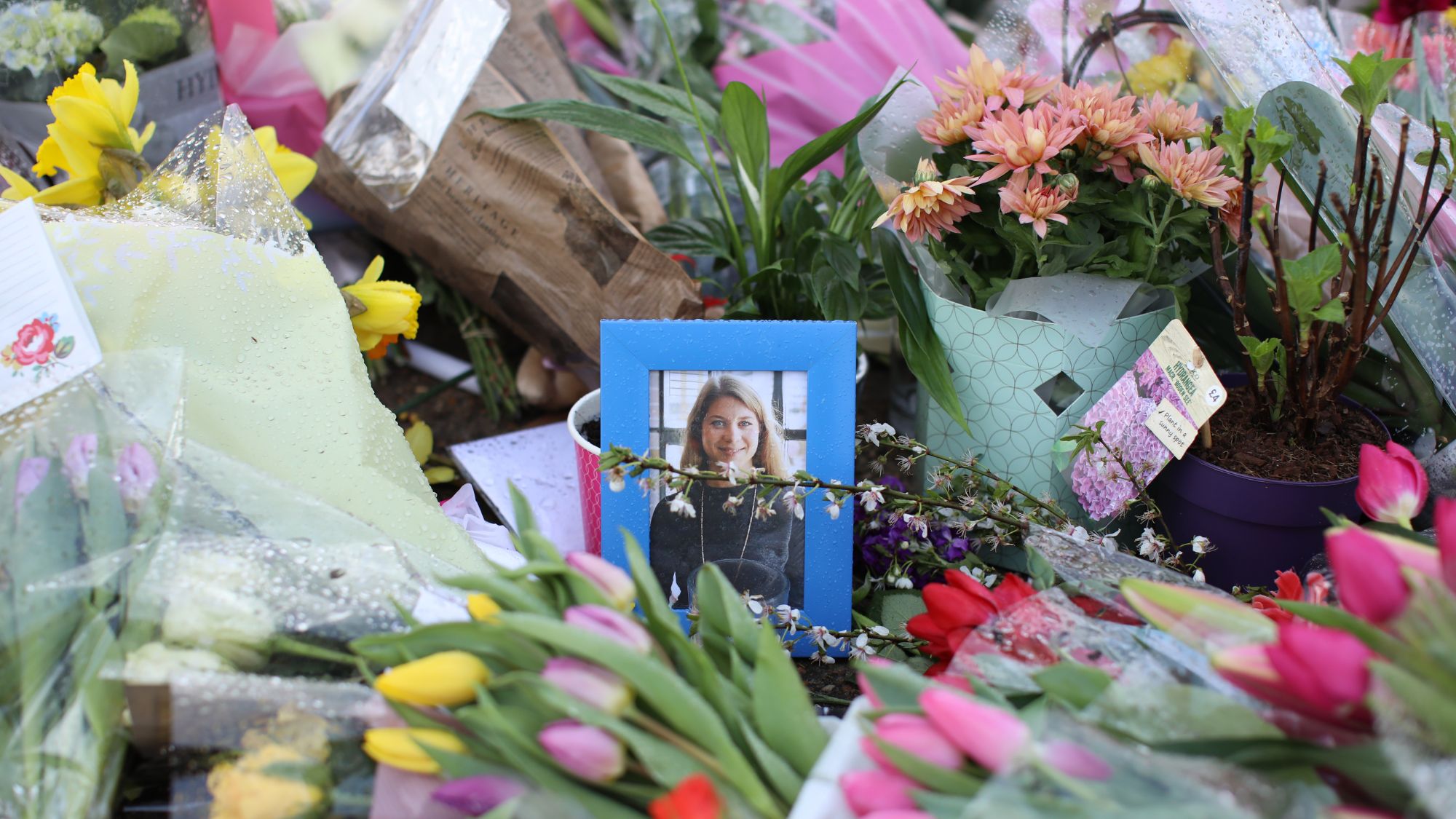
The Met promised major internal reform after Sarah Everard's murder in 2021, with Policing Minister Kit Malthouse describing it as a "devastating blow to the confidence that people have in police officers."
Reflecting on the need for urgent change, he vowed to "hold the police to account about what went wrong, how this monster slipped through the net to become a police officer, how we can make sure it doesn’t happen again.
“One of the lessons that we will need to learn is the allegations that were made against him – where those investigations led to, why they did not pop up on his vetting or have any impact in his employment with the Metropolitan Police."
Just months later however, in July 2021, PC David Carrick was accused of rape, and while he was removed from frontline duty, the police officer was not suspended.
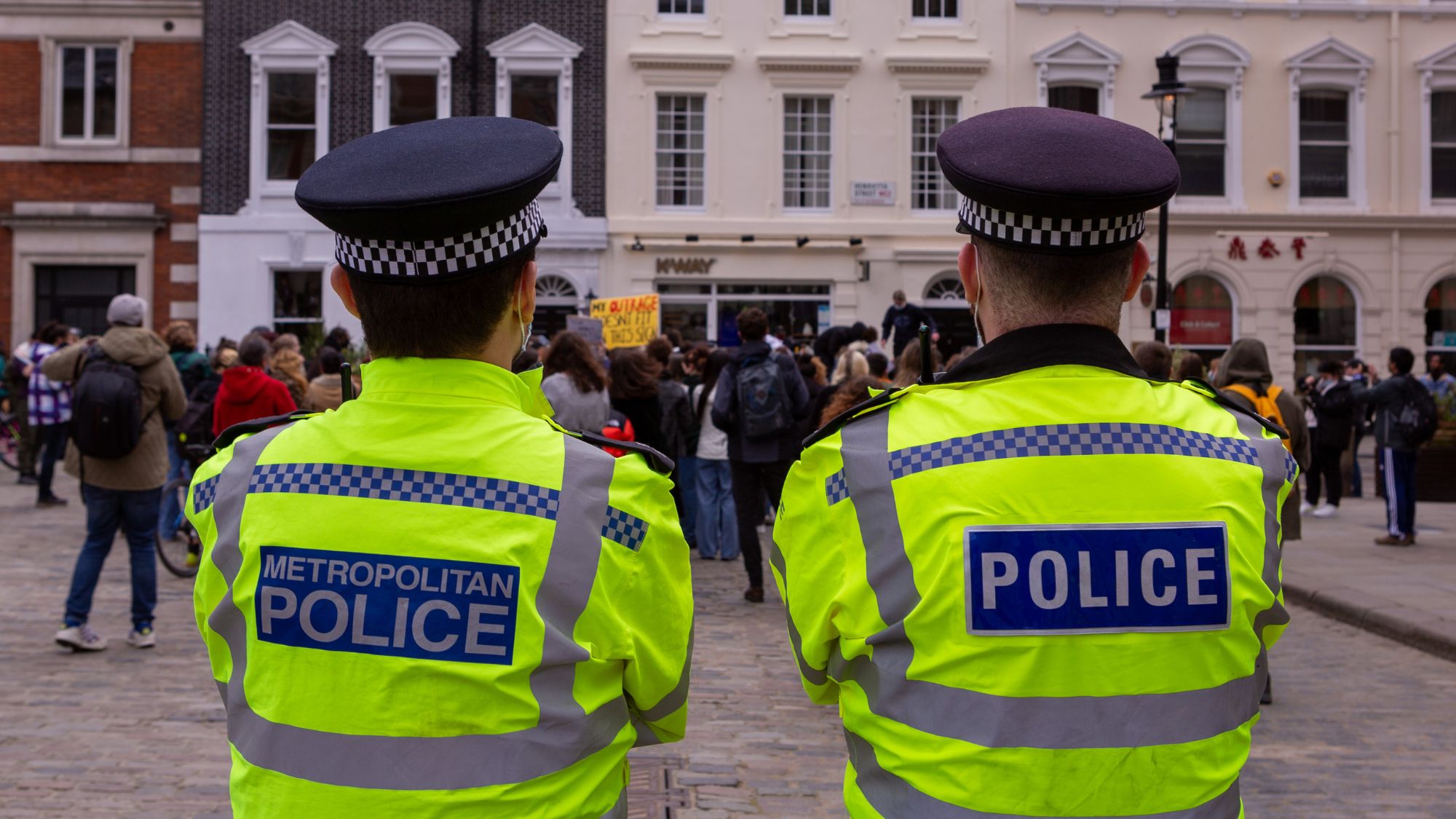
"The Metropolitan Police seem incapable of not employing - and furthermore retaining - some quite evil people," former Victims' Commissioner Vera Baird told BBC Radio 4's Today programme last month. "[Carrick] appears to have been reassessed since the murder of Sarah Everard, since the Charing Cross misogyny scandal came out.
"Where exactly is the change in culture that we have all been told would occur after that catastrophic death now a couple of years ago?"
One person who is having to take responsibility is Met Commissioner Sir Mark Rowley, who has admitted times when they should have thrown officers out, but hadn't.
"We have failed. And I'm sorry," he stated. "This man abused women in the most disgusting manner. It is sickening. We've let women and girls down, and indeed we've let Londoners down.
"I do understand also that this will lead to some women across London questioning whether they can trust the Met to keep them safe. We haven't applied the same sense of ruthlessness to guarding our own integrity that we routinely apply to confronting criminals."
Commissioner: There are cases where we should have been more assertive, throw officers out, and haven't.We'll turn those stones over and come to the right conclusions. We'll be ruthless about rooting out those who corrupt our integrity.You have my absolute assurance on that.January 17, 2023
The Met has confirmed that since Carrick's case, it will be investigating 1,633 cases of alleged sexual and domestic abuse against over 1,000 of its officers and police staff, from over the last decade.
This action is necessary, but personally it doesn't reassure me that the allegations are being taken seriously. In fact, quite the opposite. It angers me that these claims are only being investigated now.
Perhaps if Carrick was properly investigated after the first of the nine claims made against him, he would have been stopped, rather than allowed to operate undetected for 20 years, using his police ID to gain women's trust.
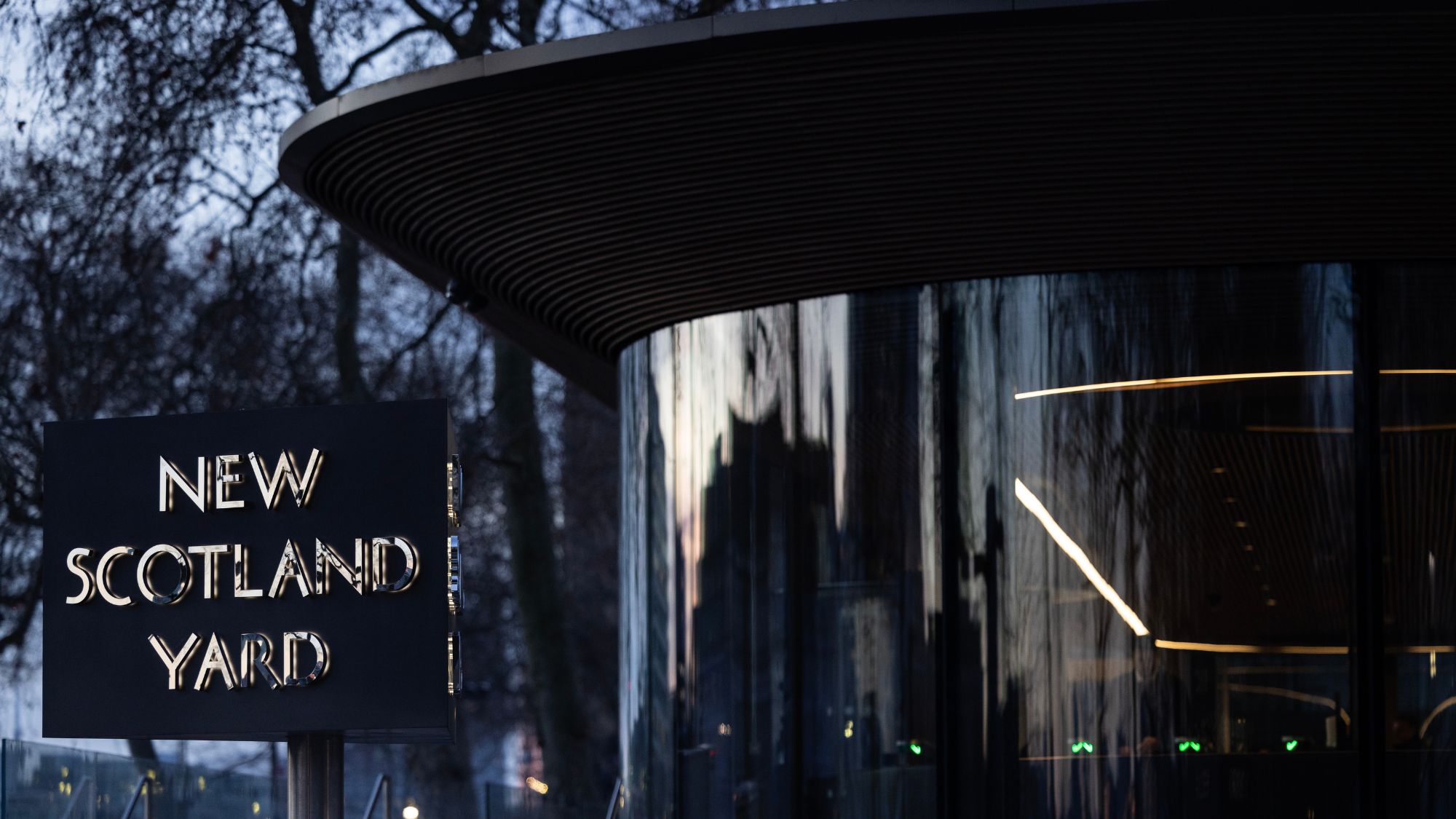
I'm not alone in calling for reform within the Metropolitan Police, with Harriet Wistrich, a solicitor and director of the Centre for Women’s Justice, demanding change in the culture of policing for good.
“That Carrick could have not only become a police officer, but remain a serving officer for so long whilst he perpetrated these horrific crimes against women, is terrifying," she stated, via The Guardian. “His crimes, along with a significant number of other Met police officers, reveals the deeply rotten misogynistic culture that has been allowed to exist within the Met.
“The early reports of rape/serious violence against Carrick that were NFA’d illustrate the woeful inadequacies of policing of these crimes. The failure to suspend Carrick from duty or investigate him for misconduct following reports by women and the threats Carrick made that they would not be believed because he is a police officer precisely mirror issues we [have] identified.
“What happens next must change the culture of policing for good. A force which breeds a culture of violent misogyny is not a force which can even begin to protect women and girls.”
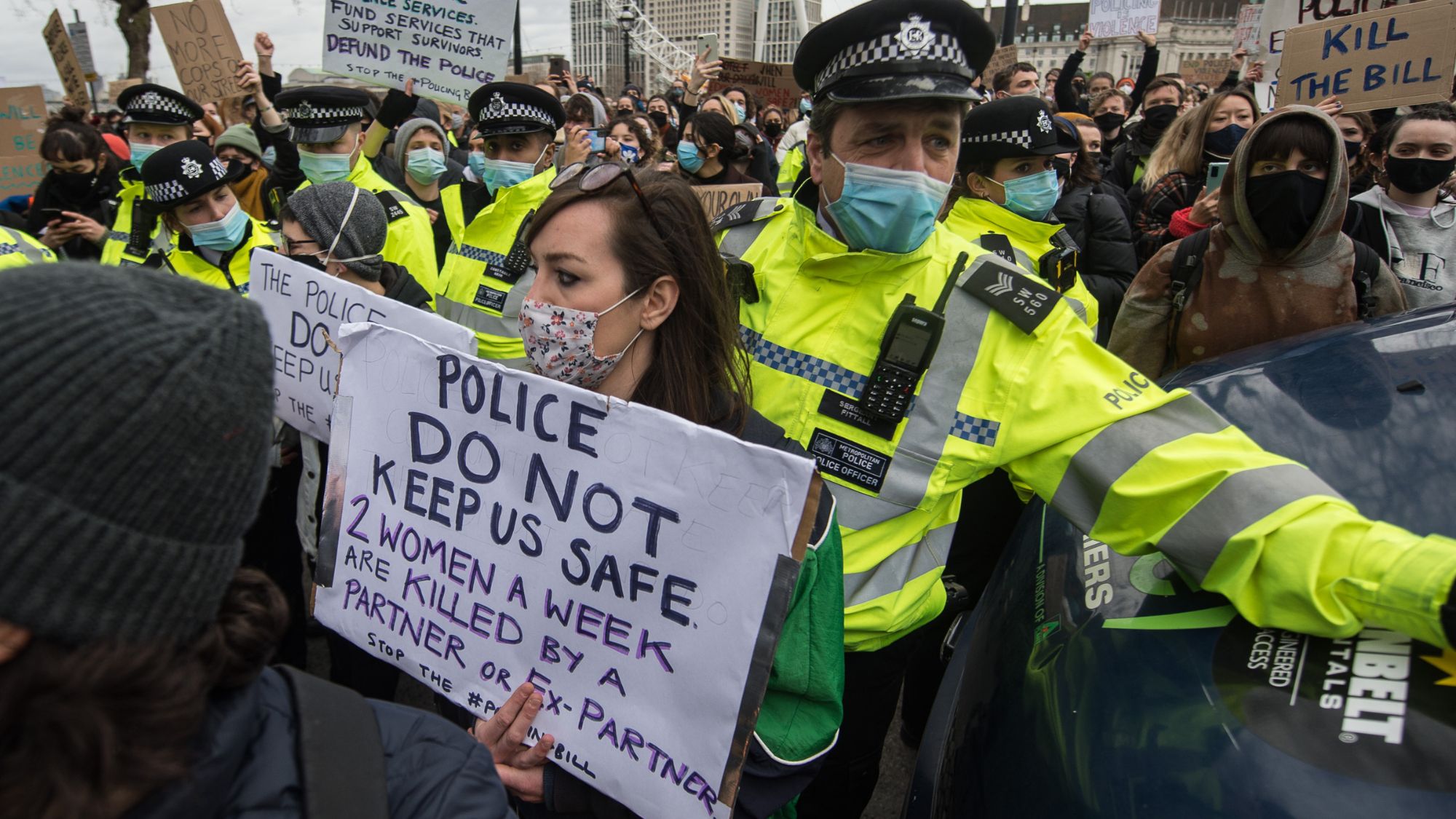
“We are truly sorry that being able to continue to use his role as a police officer may have prolonged the suffering of his victims," stated Barbara Gray, The Met's Assistant Commissioner. “He used the fact he was a police officer to control and coerce his victims. We know they felt unable to come forward sooner because he told them they would not be believed. We should have spotted his pattern of abusive behaviour and because we didn’t, we missed opportunities to remove him from the organisation."
I know that I am not alone in saying that my trust in the police has been broken by the many failings. But I don't want apologies, empty words or promises to do better. I want action. Now.
Baroness Casey is conducting a review of The Met's system, standards and culture, and I second her statement that a full inquiry into David Carrick's case is necessary.
We need to ensure that the force that we look to for safety is effective at removing police officers who are not fit to serve.
Only then can women and girls feel safe on the streets, and when approaching police officers, because quite frankly, right now, we don't.

Jenny Proudfoot is an award-winning journalist, specialising in lifestyle, culture, entertainment, international development and politics. After working at Marie Claire UK for seven years - rising from intern to Features Editor - she is now a freelance contributor to the News and Features section.
In 2021, Jenny was named as a winner on the PPA's '30 under 30' list, and was also listed as a rising star in journalism.